Rehab 4 Addiction offers a number of specialist treatments for mental health problems that may or may not relate to substance misuse. The aim of specialist treatments we offer is to assist you in long term recovery.
Many psychologists over the years have proposed that a person can be addicted to certain activities or experiences that do not involve the consumption of psychotropic drugs.
The consumption of drugs is just one way in which people can obtain or experience positive emotions and feelings which make them feel good and therefore lead to them wanting to engage in the behaviour again in the future.
One thing that is necessary to diagnose a patient with a behavioural addiction though, regardless of whether the activity is gambling, work, exercise or gaming is that the behaviour must have led to significant impairment in their psychological functioning.
This prevents people from fully being able to carry out their work commitments, have healthy interpersonal relationships and enjoy social and leisure activities.
Researchers in the areas of behavioural addiction have proposed that BAs can be passive (watching videos/ TV or active (gaming) and contain features which reinforce the likelihood that the person will want to continue with the activity, e.g. social, comforting, avoid negative feelings. (1,8)

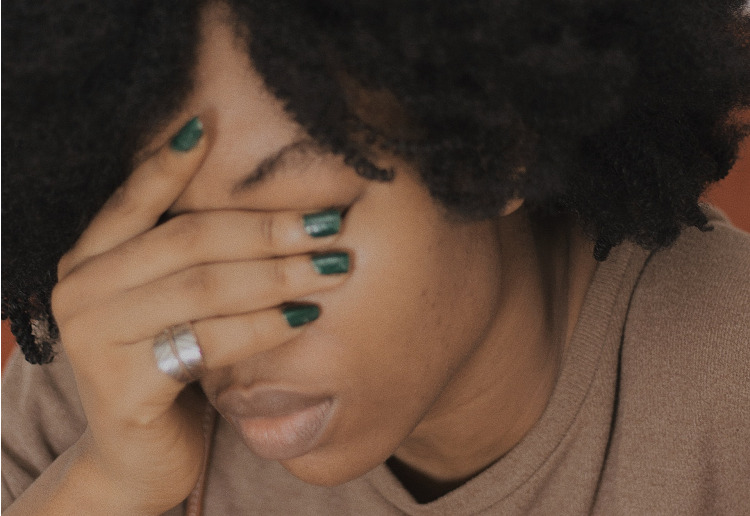
A behavioural addiction such as gambling, internet or gaming addiction is different from drug or alcohol addiction in that the person is not addicted to a substance, but the feeling generated within them when they are engaging in that behaviour.
There are no signs of physical dependence in BAs as there are with alcohol and drug addiction as the human body does not have to trigger the process of neuroadaptation to cope with the presence of a psychoactive substance, and there is no detoxification treatment needed to help them eliminate the toxic effects of a substance from their body. (8,13)

The concepts of tolerance and withdrawal certainly apply to behavioural addictions as well as alcohol and drug addictions, albeit in a slightly different way.
A person who engages in a behavioural addictive pattern regularly will find that over time they will build up a tolerance to the feeling generated by engaging in the activity, meaning they will need to carry this behaviour out more often or more intensely to feel the same buzz or excitement that they initially felt when they initially engaged in the behaviour.
To escalate their behaviour to achieve a satisfactory psychological buzz, a gambler might need to gamble more often or gamble with higher financial stakes to retain a satisfactory level of pleasure, and excitement, or a gamer might need to compete against other players instead of just trying to beat a personal best score. (13)
If people with a BA are unable to engage in their preferred activity or are prevented from doing so they will begin to experience suffer withdrawal symptoms.
These are more likely to be predominantly psychological and/or psychosomatic in nature and include irritability, anxiety, nausea, headaches, stomach cramps and problems sleeping. (10)

Research has indicated that behavioural addictions and drug and alcohol addictions do share similar features in terms of the way patients experience the conditions and the subjective thoughts and feelings they have about the addictive process.
People with an addiction tend to persistently engage in repetitive and compulsive behaviour even though they experience negative consequences as a result of their behaviour.
Many areas of their lives are negatively impacted by their behaviour including, their career or education, interpersonal relationships and their social life and engagement with leisure and sporting activities. (1,8)
Anyone who is addicted will have lost control over the behaviour and are not able to restrain themselves for a long time without submitting to the behaviour they feel compelled towards whether it is gambling, sex/pornography, work or gaming. (13)
There is always a psychological buzz or euphoric feeling present that initially hooks people into the behaviour which positively reinforces the likelihood that they will engage in this behaviour again.
Over time people who have a behavioural addiction will be unable to stop their behaviour as it helps them shut out negative emotions and feelings and fills a void in their life. (10)

Neurobiologically speaking behavioural addiction such as gambling can only have an indirect on the interconnected key neurotransmitters in the human brain as opposed to substances which contain chemicals that directly and firmly attach to neural receptors which can then stimulate positive, pleasurable feelings such as relaxation and euphoria.
The neural receptors that trigger the dopaminergic pathway are mainly responsible for eliciting such positive feelings. (10)
Although this is the same pathway that is responsible for generating pleasure for both substance-related addiction and behavioural addictions.
Whereas as with drugs and alcohol their chemicals physically activate neurotransmitters and neurons that stimulate pleasurable feelings, people with behavioural addictions tend to derive meaning and pleasure from the act itself (sex, gambling, shopping, gaming) which activates pleasurable feelings by stimulating the release of dopamine through the dopaminergic pathway. (1,10)

Many researchers are unsure that behavioural addictions are true addictions although they do not doubt that people are suffering psychological distress.
Many people with a behavioural addiction do also tend to have one or more mental health conditions as well and sometimes psychologists and psychiatrists are unable to identify if a person has a behavioural addiction or whether the symptoms they are experiencing are associated with another mental health disorder such as anxiety, obsessive-compulsive disorder, depression, or a substance-related addiction.
Research has shown that there is a strong association between pathological gambling and substance use disorder and people who drink and/or take drugs are also at risk of developing a gambling addiction.
Because of the strong prevalence of mental health problems that co-exist alongside behavioural addictions it Is recommended that anyone who feels they are displaying symptoms of a behavioural addiction should undergo a full assessment for other psychiatric disorders as well. (8,13)
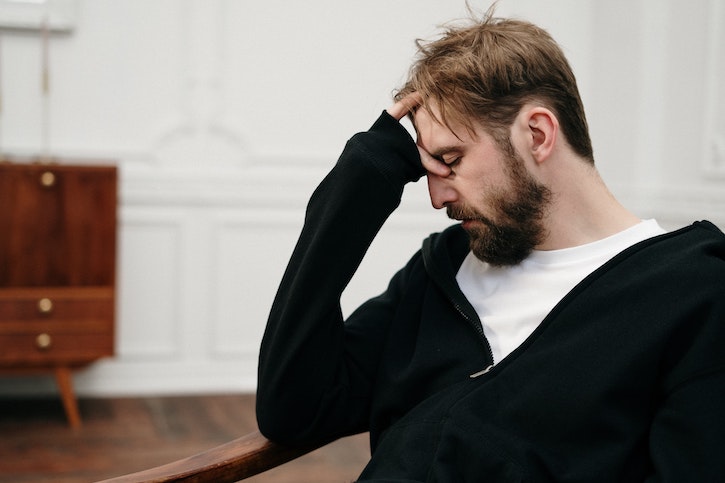
Research into shopping addiction and kleptomania (compulsive stealing) indicates that people with this form of addiction are unable to resist the impulses they have to steal objects/goods that they may not necessarily need, nor have any monetary value.
The motivation behind the behaviour which makes it so compulsive is that it provides people with a sense of pleasure and excitement before during and after they perform the act.
More importantly, it appears to act as a huge form of stress release and relief from high levels of psychological discomfort that they were experiencing before committing the act.
This appears to drive the person to commit the act as they know carrying out the act will provide them with a release from inner tensions.
Shopping addiction as well appears to provide people with a buzz and a feel-good factor or relief from anxious feelings, however, it is usually followed by a sense of regret and guilt later on when they think more deeply about the purchase and whether they need the product/object. (8,13)


There are biochemical/neurological factors that act as the main driver to reinforce BAs and these are mediated through the reward centre in the brain also known as the dopamine pathway which is responsible for activating chemicals that lead us to feel pleasure, excitement and euphoria when we engage in a meaningful activity. (10,12)
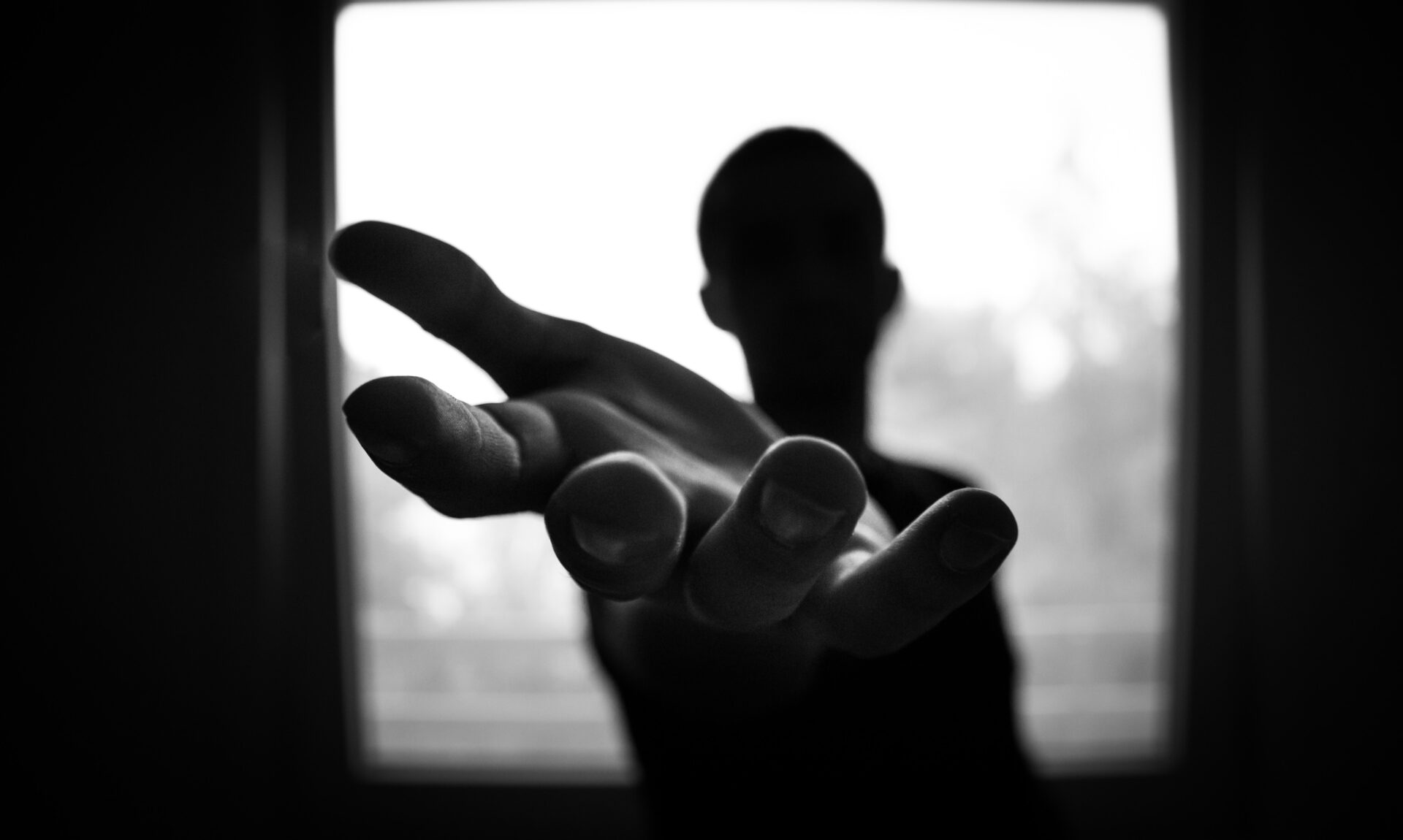
Behavioural addictions are maintained by two psychological processes, positive and negative reinforcement.
The buzz or feeling of excitement people receive from engaging in the activity provides positive reinforcement for continued participation in the activity.
People with a BA are also driven to engage in the desired activity to avoid negative emotional consequences, this is negative reinforcement.
By focusing on the activity they are avoiding uncomfortable and negative emotions that they would otherwise have to face.
So shopping, sex, internet gaming, work and exercise allow them to switch their attention away from something they find hard to face up to such as loneliness, relationship problems or a lack of direction in their lives. (10,12)

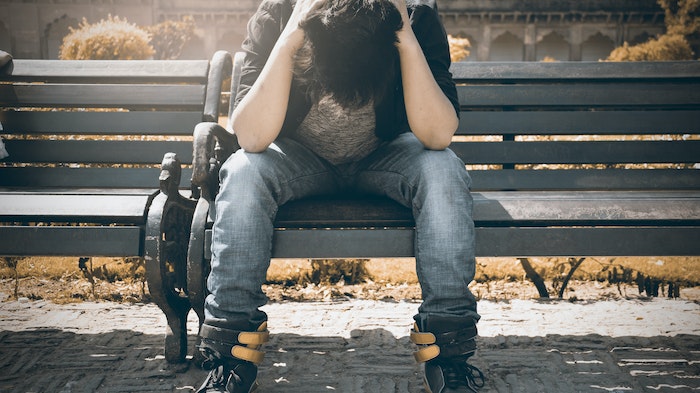
Even though the area of addiction has primarily focused on substances like drugs and alcohol the literature on addiction has over the years included reference to several behavioural addictions, also known as process addictions such as gambling, internet use, exercise, sex and pornography, work, shopping, technology and social media. (3,7,14)
In his book Excessive Appetites in 2002, Joe Orford does discuss several behavioural addictions and refers to gambling, eating, exercising and sex as examples of addictive behaviours that people begin to lose control of. (3)

In more recent years due to technological advancements not only has gambling addiction become more prevalent due to increased opportunities afforded by more sophisticated technology.
However, other forms of addiction have developed including gaming addiction and internet addiction, which have also facilitated the increased prevalence of sex/pornography addiction and shopping addiction.
This is due to the ease with which payment can be made as customers no longer need to go to a shop to spend money but pay for goods by using an app on their phone or iPad or online account. (13)
In terms of non-substance-related disorders, gambling disorder, and internet gaming disorder are the only two behavioural addictions that feature in the fifth version of the Diagnostic and Statistical Manual for Mental Disorders.
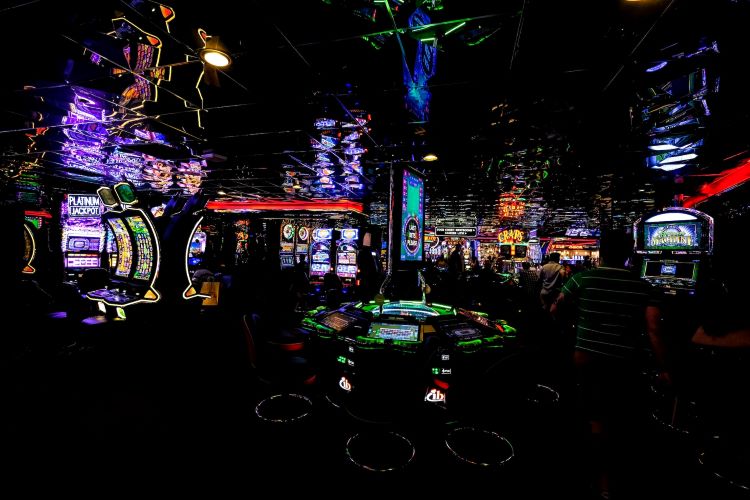
Gambling addiction occurs when a person consistently engages in a pattern of dysfunctional gambling behaviour because of the severe emotional distress they are experiencing, they also have a distortion in their psychological functioning that makes them prone to biases and irrational beliefs that only fuel and maintain their gambling compulsion.
Their gambling behaviour, unfortunately, negatively impacts many areas of their personal, social and work life and over some time, their lives spiral out of control to the point where it becomes unmanageable as it distracts them from their regular daily routine and affects their family and professional life and social activities.
They have become preoccupied with the act of gambling and are unable to cut out this behaviour from their lives despite all the negative outcomes that result from their gambling.
Gambling addiction becomes deeply entrenched in a person’s mind when it begins slowly reduces a person’s self-awareness and they begin to find the act of gambling gratifying. (7,13,14)
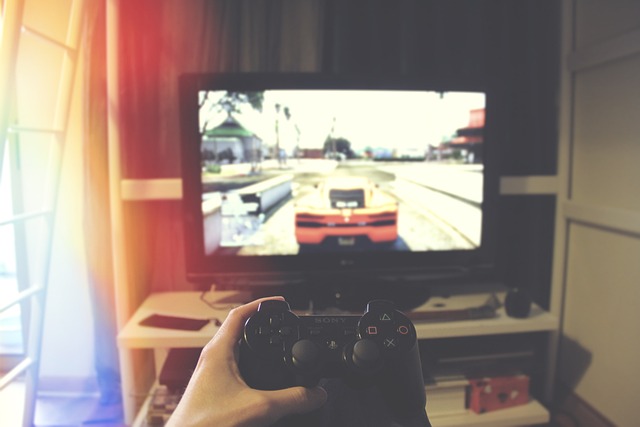
Although this is only a recent addition to the area of behavioural addictions the rapidly expanding nature of sophisticated technology has led to the huge growth of internet gaming disorder, which is characterised by excessive, compulsive and dysfunctional use of the internet to engage in a series of electronic games with other players regardless of where they are living.
The increased ease of access to technical products for many people across the world has led to this becoming a very common disorder over the last 10-15 years, and even specialist treatment centres dedicated to treating gaming and internet disorder have started to open because of the increased prevalence of the condition.
One reason why this disorder has been able to enter DSM5 is because of the large amount of research that had been carried out on the condition, and the ease with which its characteristics/symptoms could be compared with other addictions, particularly gambling or substance-related addictions. (2)

Many mental health and addiction professionals are uncomfortable in diagnosing certain compulsive and dysfunctional patterns of behaviour as behavioural addictions, due to the insufficient evidence associated with conditions that have only recently appeared.
There have also been poor explanations for the clinical course of some behavioural addictions and the tools and methods used to diagnose these behavioural addictions are considered by many psychiatrists and psychologists to be inadequate. (1)
Many experts believe that many behavioural addictions are symptoms or characteristics of other mental health conditions such as mood disorders, anxiety and personality disorder rather than mental health conditions in their own right.
This is because on close examination many behavioural addictions appear similar to substance-related disorders, obsessive-compulsive disorder and impulse control disorder. (8)
While there appears to be a high level of research and theory on some behavioural addictions such as gambling and internet gaming, there appears to be limited knowledge and published research on other behavioural addictions such as exercise, sex and shopping and work addiction. (13)

Despite the fact there are subtle differences between behavioural addictions, there are all share common characteristics that can be seen in the two behavioural addictions that feature in DSM5, Gambling disorder and internet Gaming disorder.
The criteria used by mental health professionals to diagnose a behavioural addiction include:

Due to the nature of BAs, there are no detoxification treatment interventions for BAs as there are for drug and alcohol addiction, although for some BAs there is medication available to help with the treatment.
The majority of the treatments applied to BAs are psychosocial therapies which are both individual and group-based.

Scientific research has indicated that there are biological risk factors apparent for behavioural addiction and SSRIs have been proven to be an effective form of treatment.
Research has shown that there are similarities between gambling addiction and substance use disorder and there is medication available that can decrease the strength of a person’s gambling urges.
There are opiate antagonists available that can diminish the powerful cravings that overcome gamblers, these are potentially an effective form of treatment because their chemical constituents can prevent gamblers from experiencing pleasurable feelings which are a key component in maintaining their addiction.
This is confirmed by patients who have received the medication who no longer feel any pleasure when gambling after taking the medicine and who have managed to drastically reduce or stop their gambling. (1,7)
Antidepressants have also been used as a form of treatment for behavioural addictions as they can modify any dopamine imbalance in the human brain which has been found on many occasions to play a significant role in the development of behavioural addiction. (7,8)

Psychological therapies will be the main component of BA treatment programmes and will help clients understand and modify the internal; thought processes, emotional states and compulsions that drove their addictive behaviour.

CBT will help people identify and explore the irrational and unhelpful thought patterns that may have lowered their self-esteem and led them to a pattern of dysfunctional behaviour that negatively impacted many areas of their life.
CBT has proved to be a very effective therapy for clients diagnosed with a gambling disorder as it helps clients examine the nature of their inaccurate beliefs about gambling and how these inaccurate beliefs kept driving their gambling activities.

Having psychotherapy will enable clients to talk about their feelings and life experiences and help them to make sense of their behaviour.
By talking openly with a therapist clients can gain important insight into the origins of their behavioural addiction and why they felt they needed to engage in this behaviour. (4,10)

DBT helps clients deal with difficult emotions because many researchers feel that people diagnosed with BAs choose to engage in their specific behaviour to escape an emotional void or eliminate uncomfortable feelings and psychological distress.
The goal of DBT therapists is to help clients identify the strong emotions they are experiencing and teach them strategies to deal with these feelings instead of turning to their preferred activity to avoid these intense feelings.

This is based on AA’s 12-step model which some organisations that support people with Behavioural addictions such as Gamblers Anonymous and online gamers anonymous have adapted into their programmes to meet the psychological treatment needs of their members.
This involves working through a sequence of 12 steps that are designed to help them overcome their compulsive and maladaptive behaviour. (10,11)

Self-help groups such as gamblers anonymous, online gamers anonymous and sex addicts anonymous offer a key source of encouragement, support and a listening ear for people struggling with their addiction.
They also provide an excellent first point of contact and support for those people who are fearful of contacting professional mental health services or their local GP for help and support due to the sensitive nature of their condition.
All support groups for BAs will include men and women who have been through similar experiences and will appreciate what you are going through and will not judge or ridicule any person that attends a meeting.
Attending these meetings is invaluable for people struggling with their behavioural addictions as they can start to make sense of their behaviour and find the strength to seek professional help once they receive reassurance from their fellow group members. (6,10,11)
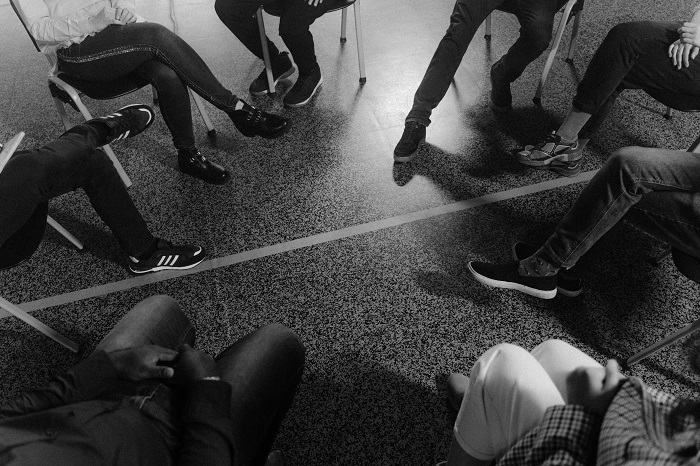
Group therapy sessions include about 8-10 people who share a common therapeutic need and are led by a professional therapist who helps all group members identify and understand how their psychological processes, emotions and interaction styles may have caused them to engage in dysfunctional behaviour and negatively impact many areas of their life.
These sessions can be very helpful in helping people become more self-aware, which provides an excellent starting point for them to move forward.
Being in a group scenario also helps members develop and improve qualities that can only lead to positive interpersonal relationships.
For example, they may become more understanding of the needs of other people and begin to see other perspectives on a range of issues rather than just their own. (14)

Specialist treatments we offer include:
For each of the above, Rehab 4 Addiction offers a holistic approach to rehab treatment. Here, we foster your total rehabilitation and ensure mental health issues are identified and treated during the course of your rehab programme.
We assist you in identifying environmental cues that aggravate underlying mental health problems that cause your problems to occur in the first place. This allows you to either avoid or cope with these cues so that they no longer aggravate your mental state of being.

When you attend one of our partner rehab facilities, you will benefit from group and one-to-one therapy sessions. Above all, we do not offer a ‘one size fits all’ approach to mental health treatment. Instead, we offer an approach that’s tailored to your wants, your needs and your expectations.
This ensures you receive the maximum benefit when you choose to undergo mental health treatment through Rehab 4 Addiction.

All mental health therapies we offer are based on clinical evidence. This means we utilise therapies that are proven to work in the fight against mental health problems.
Therapy techniques are set in motion by experienced practitioners. Therapists consist of a multidisciplinary team of doctors, nurses, counsellors, family therapists, cognitive behavioural therapists and occupational therapists.

At Rehab 4 Addiction, we adopt a rigorous and dynamic approach to mental health treatment. We offer treatment in a variety of settings. This includes outpatient, inpatient and day-patient treatment.
All treatments are thoroughly planned and reviewed on a regular basis. We ensure you benefit from a diverse range of mental health treatments.
This effectively allows you to ‘pick and choose’ the treatments that are most appealing and most effective for your needs.

During your time at a mental health treatment facility, you will build self-awareness about your condition and you will also forge the coping skills necessary to live a normal life unimpeded by your condition.
You will be introduced to self-help or mutual support groups such as Rethink and Mind.
A lot of emphases is placed on independent living. We also believe that mental health education is a key component of your long term recovery.
Specific treatments on offer include CBT, twelve-step recovery, motivational enhancement therapy, building life skills, anger management, relaxation, meditation, sleep therapy, art therapy and a range of complementary therapies. These therapies form the bedrock of our intensive inpatient treatment programme for mental health issues.
All therapies will be adopted to your specific needs. Before therapies begin, you will be fully consulted on what to expect both during and after each therapy session.
We seek out your feedback to ensure therapy sessions are helping you make the progress you are expecting to achieve during your treatment programme.

When inpatient treatment draws to a conclusion, you will begin to attend intensive aftercare sessions on an outpatient basis.
Planned and structured aftercare gives you the follow-up and support network to ensure your mental health problems are continuously treated for at least a year following the completion of inpatient care.
Aftercare sessions emphasise relapse prevention. We also help you to integrate into local mutual support groups taking place across the United Kingdom offered by organisations such as Mind and Rethink.
Behavioural addictions are also known as process addictions or non-chemical addictions. Behavioural addictions are characterised by compulsions to engage in harmful and self-destructive actions. Behavioural addiction is a chronic disease of the mind. Notable forms of behavioural addiction include kleptomania, shopping addiction and gambling addiction.
Currently, the Diagnostic and Statistical Manual of Mental Disorders (DSM-5) only recognised one behaviour addiction in the form of gambling addiction. The DSM-5 also recognised one impulse-control disorder (kleptomania) and three behaviour compulsions (excoriation, hoarding disorder and trichotillomania).
Although there exists no ‘cure’ for behavioural addictions, they may be successfully arrested using behavioural therapy. This therapy commonly takes place at a residential rehabilitation centre or through hourly sessions on an outpatient basis.

To learn more about specialist mental health treatment offered by Rehab 4 Addiction, contact us today on 0800 140 4690.
All calls are treated confidentially. We look forward to assisting you today. Take back your future by contacting Rehab 4 Addiction without delay.
(1) Alavi, S.S. et al (2012) Behavioral Addiction versus Substance Addiction: Correspondence of Psychiatric and Psychological Views. International Journal of Prevention Medicine. April 3(4) pp290-204 available @ Behavioral Addiction versus Substance Addiction: Correspondence of Psychiatric and Psychological Views – PMC (nih.gov)
(2) Black, D., Grant, J. (2013) DSM5 Guidebook: The Essential Companion to Diagnostic and Statistical Manual of Mental Disorders, 5th Edition. APP. London.
(3) Carnes, P. (1992) Out of the Shadows Hazeldean. Minnesota.
(4) Central and North West London NHS Foundation Trust (2022) National Problem Gamble Clinic available@National Problem Gambling Clinic:: Central and North West London NHS Foundation Trust (cowl.NHS.uk)
(5) David, D., Cristea, I., Hoffman, S. (2018). Why Cognitive Behavioural Therapy is the Gold Standard of Psychotherapy. Frontiers in Psychology. 9:4 available @Why Cognitive Behavioural Therapy Is the Current Gold Standard of Psychotherapy (nih.gov)
(6)Gamblers Anonymous (2022) The 12 steps to recovery. available@twelve_steps.pdf (gamblersanonymous.org.uk)
(7) Ladouceur, R. et al (2002) Understanding and treating the pathological gambler. John Wiley and Sons Chichester
(8) Littman-Sharp, N. et al (2014) What if it’s not about a drug? Addiction as problematic behaviour.
(9) Miller, W. & Rollnick, S. (1991) Motivational Interviewing: Preparing to Change Addictive Behaviour. Guilford Press. New York.
(10) Moss, A, Dyer, K (2010) The Psychology of Addictive Behaviour. Palgrave McMillan. New York.
(11) Online Gamers Anonymous (2022) Twelve Steps and Principles of OLGAavailable@TwelveSteps and Principles of OLGA | On-line Gamers Anonymous® (olganon.org)
(12) Orford, J. (2002) Excessive Appetites. John Wiley & Sons. Chichester
(13) Pinna, F. et al (2015) Behavioural addictions and the transition from DSM-IV-TR to DSM-5. Journal of Psychopathology. V 21:380-389
(14) Rassool, G.H. (2011) Understanding Addictive Behaviours. Palgrave MacMillan. New
(15) Wilcox, C, (2015) Gambling Addiction. Reference Point Press. San Diego.
(14) Yalom, I.D. (1995) The Theory and Practice of Group Psychotherapy.